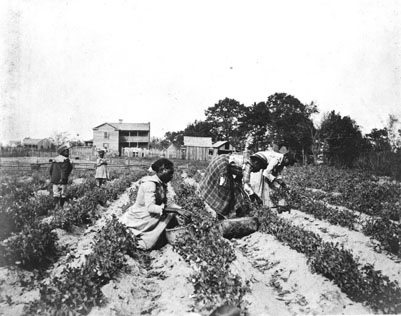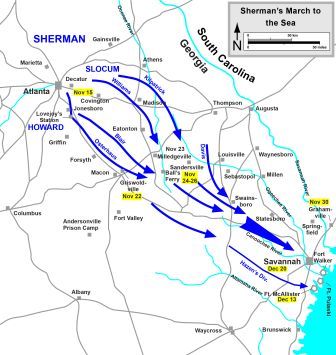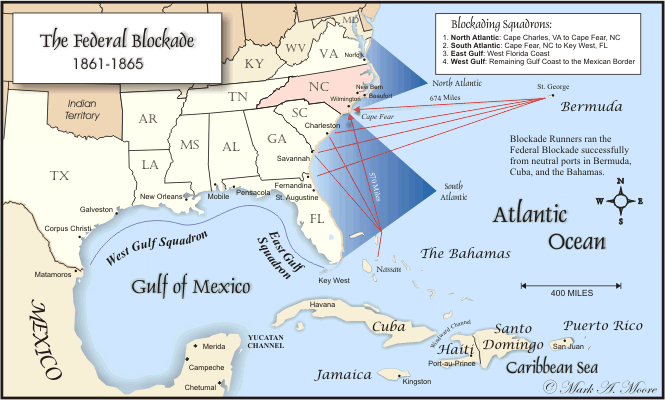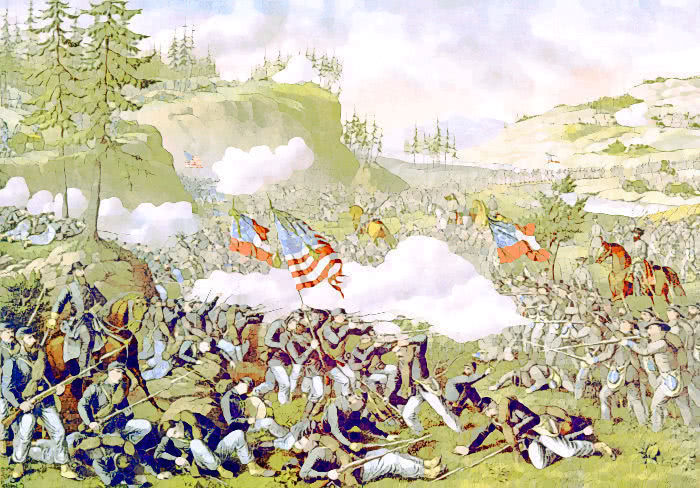Amendments
The Thirteenth Amendment was one of the last thing the President Abraham Lincoln did before he was shot by John Wilkes Boothe. It made slavery illegal, fully abolishing it. The Fourteenth Amendment basically helped with the protection of civil rights to all the Americans, but mainly the African Americans since they were being discriminated against at the time. The Fifthteenth Amendment stated that African American men could vote legally but some states in the south did not take that into effect until well into the mid twentieth century.
Henry McNeal Turner
 Henry McNeal Turner was a very influential African American. he was born in South Carolina but was not born a slave because his grandmother was a white plantation owner while his grandfather was a slave that had been brought here from Africa. He was part of the church and was a missionary but he was also in politics during the time of the reconstruction era after the Civil War. He along with other predominate African Americans finally who could now make their voices heard, because until now most backs were unheard. He was elected into the Georgia House of Representatives and was one of the few blacks. He was an eloquent speaker but did not sway many white representatives. After he was elected, the threats from the KKK started to come in.
Henry McNeal Turner was a very influential African American. he was born in South Carolina but was not born a slave because his grandmother was a white plantation owner while his grandfather was a slave that had been brought here from Africa. He was part of the church and was a missionary but he was also in politics during the time of the reconstruction era after the Civil War. He along with other predominate African Americans finally who could now make their voices heard, because until now most backs were unheard. He was elected into the Georgia House of Representatives and was one of the few blacks. He was an eloquent speaker but did not sway many white representatives. After he was elected, the threats from the KKK started to come in.
The Ku Klux Klan
The KKK or Ku Klux Klan started out as a group of very Conservative white democratic males that did not like blacks at all. They wanted to keep white supremacy by enforcing acts of terror on African Americans not just hate mail that made racial slurs but the KKK went all the way as to kill African Americans and even whites too because they were Republicans. At its peak the KKK killed thousands of innocent black as well as white Americans.

Pictured above is a picture taken on a KKK meeting
http://kukluxklan.net/terrorism/ku-klux-klan-acts-of-terror
http://www.history.com/topics/ku-klux-klan
http://www.georgiaencyclopedia.org/nge/Article.jsp?id=h-632
http://www.law.cornell.edu/constitution/amendmentxv
http://www.loc.gov/rr/program/bib/ourdocs/13thamendment.html
http://www.loc.gov/rr/program/bib/ourdocs/14thamendment.html











